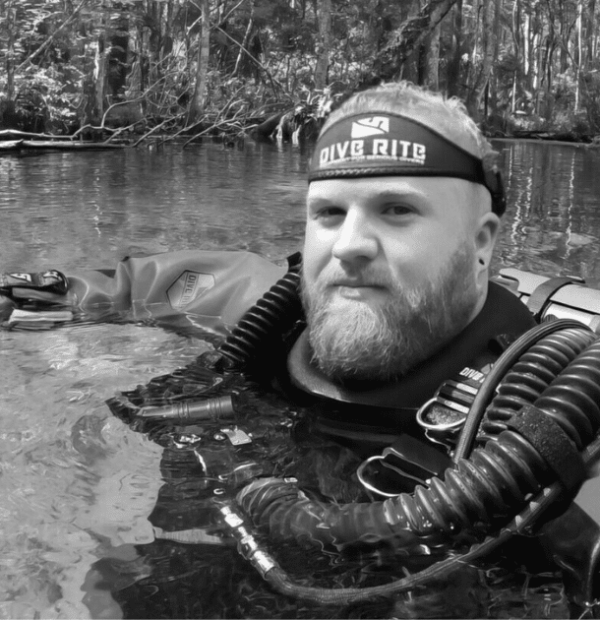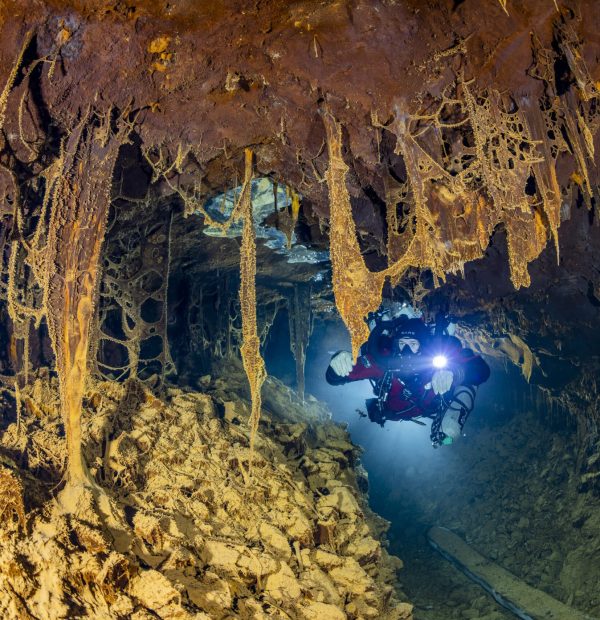Thursday, 16 May 2024
Menu

After a dozen years of cave diving, Kernagis began to ask herself: why were some of her companions getting decompression sickness and some managing to avoid it?
Kernagis, starting her research at Duke University, decided to look for the factor responsible for the body’s reaction resulting in symptoms characteristic of decompression sickness. It turned out that the answer lies in our genes.
He continues his research at the IHMC Institute in Florida. The search was able to narrow down to around 350 genes giving a strong ‘response’ to cellular stress caused by rapidly decreasing pressure. The aim of further work is to locate those few genes responsible exactly for the response in the form of decompression sickness.
But genetic research is only a narrow scope of a wider search. Kernagis wants to find the ‘golden mean’ for the human body functioning in extreme environments. The idea is how, through training, proper nutrition and regulation of metabolism, we can improve our adaptive abilities. The results may prove useful not only for divers, but also for pilots or astronauts.
It was because of her broad interests that Dawn Kernagis was qualified in 2016 for NASA’s NEEMO XXI mission. Living at a depth of around twenty metres for over two weeks, the young researcher was able to observe how the human body reacts to prolonged immersion.
The results of Kernagis’ research could prove groundbreaking for diving medicine, as well as for the safety of those working in extreme environments, including in space.
Source: sportdiver.com, Photo: IHMC Florida










Welcome to DIVERS24.COM, your daily source of scuba news, freediving, scuba diving information, and equipment reviews. Our comprehensive coverage of the dive industry from A to Z provides you with all the latest scuba news, training updates, underwater photography tips, and everything else related to scuba diving. Whether you’re a beginner or an experienced diver looking for more knowledge about scuba gear or techniques – we’ve got it covered! With our in-depth articles written by experienced divers who have been there and done that, you are sure to find exactly what you need here at Divers24.com. Dive into scuba news today!
Underwater Media Sp. z o.o.
Szafarnia 11/F8,
80-755 Gdansk, Poland
Welcome to DIVERS24.COM, your daily source of scuba news, freediving, and scuba diving information. Sign in for a weekly news update and discount coupons for dive gear and apparel.
@2023 - underwatermedia.pl. All Right Reserved. Designed and Developed by Tworzenie stron internetowych Gdansk

The Divers24 portal is currently the largest online medium treating diving in Poland. Since 2010 we have been providing interesting and important information from Poland and around the world on all forms of diving and related activities.
Contact us: info@divers24.com